Bipolar disorder is a complex mental health condition that affects millions of individuals worldwide. It is characterized by dramatic mood swings, from episodes of mania or hypomania to periods of depression. Understanding the different types of bipolar disorder and effective strategies for finding relief is crucial for those living with this condition. In this blog, we will explore the three main types of bipolar disorder and provide insights into how individuals can attain the relief they deserve.
1. Bipolar I Disorder: Unveiling the Extreme Highs and Lows
Understanding Bipolar I Disorder
Bipolar I Disorder is the most widely recognized form of bipolar disorder. It is def ined by the presence of at least one manic episode, which can be accompanied by depressive episodes. During manic episodes, individuals may experience heightened energy, impulsivity, decreased need for sleep, and elevated self-esteem. Depressive episodes, on the other hand, are characterized by profound sadness, fatigue, hopelessness, and changes in appetite and sleep patterns.
ined by the presence of at least one manic episode, which can be accompanied by depressive episodes. During manic episodes, individuals may experience heightened energy, impulsivity, decreased need for sleep, and elevated self-esteem. Depressive episodes, on the other hand, are characterized by profound sadness, fatigue, hopelessness, and changes in appetite and sleep patterns.
Recognizing Bipolar I Disorder
Distinguishing Bipolar I Disorder from unipolar depression can be challenging, particularly as depressive episodes can be severe. However, the hallmark of Bipolar I is the presence of manic episodes, which set it apart from major depressive disorder. Seeking professional help for accurate diagnosis and appropriate treatment is crucial.
Attaining Relief for Bipolar I Disorder
The management of Bipolar I Disorder typically involves a combination of medication and psychotherapy. Mood stabilizers, such as lithium or anticonvulsants, are commonly prescribed to manage both manic and depressive episodes. Additionally, psychotherapy, particularly cognitive-behavioral therapy (CBT) and psychoeducation, can assist individuals in developing coping strategies and maintaining emotional balance.
2. Bipolar II Disorder: The Lesser-Known Sibling
Understanding Bipolar II Disorder
Bipolar II Disorder is characterized by recurrent depressive episodes and hypomanic episodes. Hypomania is a milder form of mania, where individuals experience increased energy and creativity without losing touch with reality. These hypomanic episodes may not be as disruptive as full-blown mania but can still lead to significant mood fluctuations.
Recognizing Bipolar II Disorder
Identifying Bipolar II Disorder can be challenging, as hypomanic episodes are often subtle and may not significantly disrupt daily life. It is crucial to recognize these periods of elevated mood and contrast them with depressive episodes. Seeking professional evaluation is essential for accurate diagnosis and treatment planning.
Finding Relief for Bipolar II Disorder
Treatment for Bipolar II Disorder often mirrors that of Bipolar I Disorder. Mood stabilizers, such as lithium or anticonvulsants, are used to manage mood swings. Additionally, psychotherapy, particularly CBT and interpersonal therapy (IPT), can be effective in helping individuals cope with depressive episodes and develop strategies to manage hypomanic episodes.
3. Cyclothymic Disorder: The Chronic Rollercoaster
Understanding Cyclothymic Disorder
Cyclothymic Disorder is a chronic form of bipolar disorder characterized by frequent mood fluctuations. Individuals with Cyclothymic Disorder experience milder hypomanic and depressive symptoms that persist for at least two years in adults (one year in children and adolescents). These mood swings may not be as extreme as those in Bipolar I or Bipolar II Disorder but can still significantly impact daily functioning.
Recognizing Cyclothymic Disorder
Cyclothymic Disorder often goes unnoticed, as individuals may adapt to their mood fluctuations over time. It can be mistaken for a stable temperament or even dismissed as everyday mood swings. However, consistent mood instability, even if less severe, should be evaluated by a mental health professional.
Seeking Relief for Cyclothymic Disorder
The treatment approach for Cyclothymic Disorder often mirrors that of Bipolar II Disorder. Mood stabilizers and psychotherapy, including CBT, are commonly used to manage symptoms and improve mood stability. Additionally, individuals with Cyclothymic Disorder may benefit from lifestyle modifications, such as maintaining a regular sleep schedule, managing stress, and avoiding mood-altering substances.
Strategies for Finding Relief from Bipolar Disorder: A Comprehensive Approach
Finding relief from bipolar disorder involves a holistic approach that encompasses medication, psychotherapy, lifestyle adjustments, and support networks. Here are key steps to help individuals manage their condition effectively:
1. Seek Professional Help:
Consult a mental health professional for an accurate diagnosis and personalized treatment plan.
2. Medication Management:
Work closely with your healthcare provider to find the right medication and dosage to stabilize your mood.
3. Psychotherapy:
Engage in psychotherapy to develop coping strategies, improve emotional regulation, and address specific challenges associated with your type of bipolar disorder.
4. Lifestyle Adjustments:
Maintain a consistent daily routine, prioritize sleep, manage stress, and avoid substance use to reduce mood swings.
5. Support Network:
Build a strong support network of friends and family who understand your condition and can offer emotional support.
Final thoughts:
Bipolar disorder is a complex mental health condition with three distinct types: Bipolar I Disorder, Bipolar II Disorder, and Cyclothymic Disorder. Recognizing the unique characteristics of each type is crucial for accurate diagnosis and effective treatment for yourself. Finding relief from bipolar disorder involves a comprehensive approach that includes medication, psychotherapy, lifestyle adjustments, and support networks. With the right combination of strategies and professional guidance, individuals with bipolar disorder can attain the relief they deserve and lead fulfilling lives.





